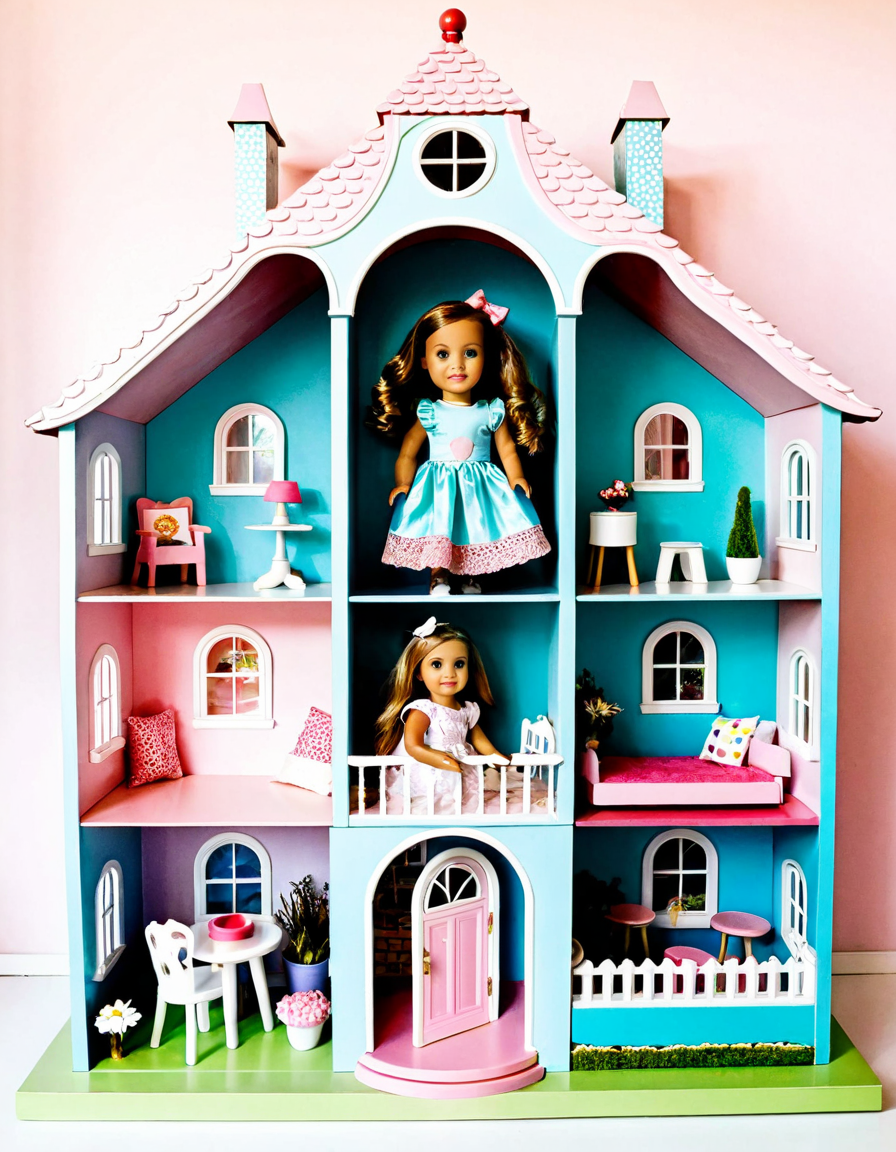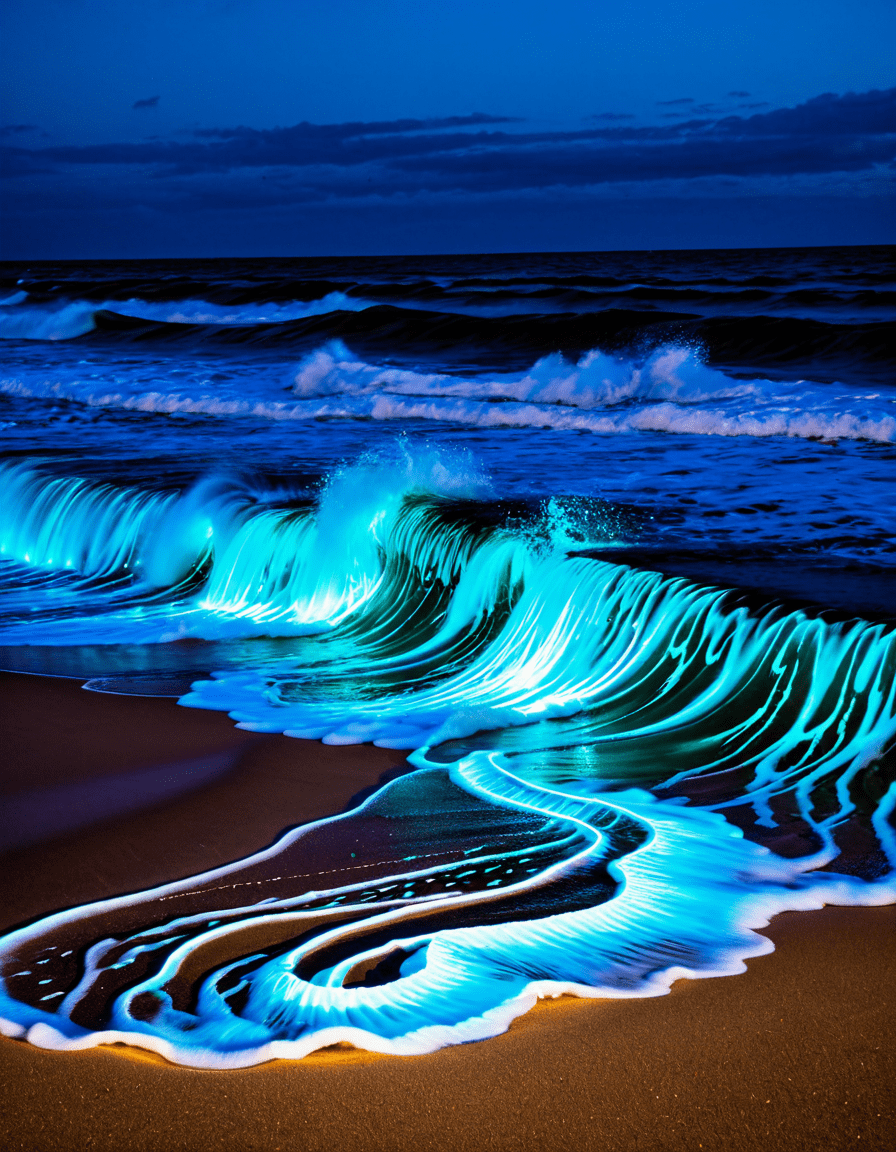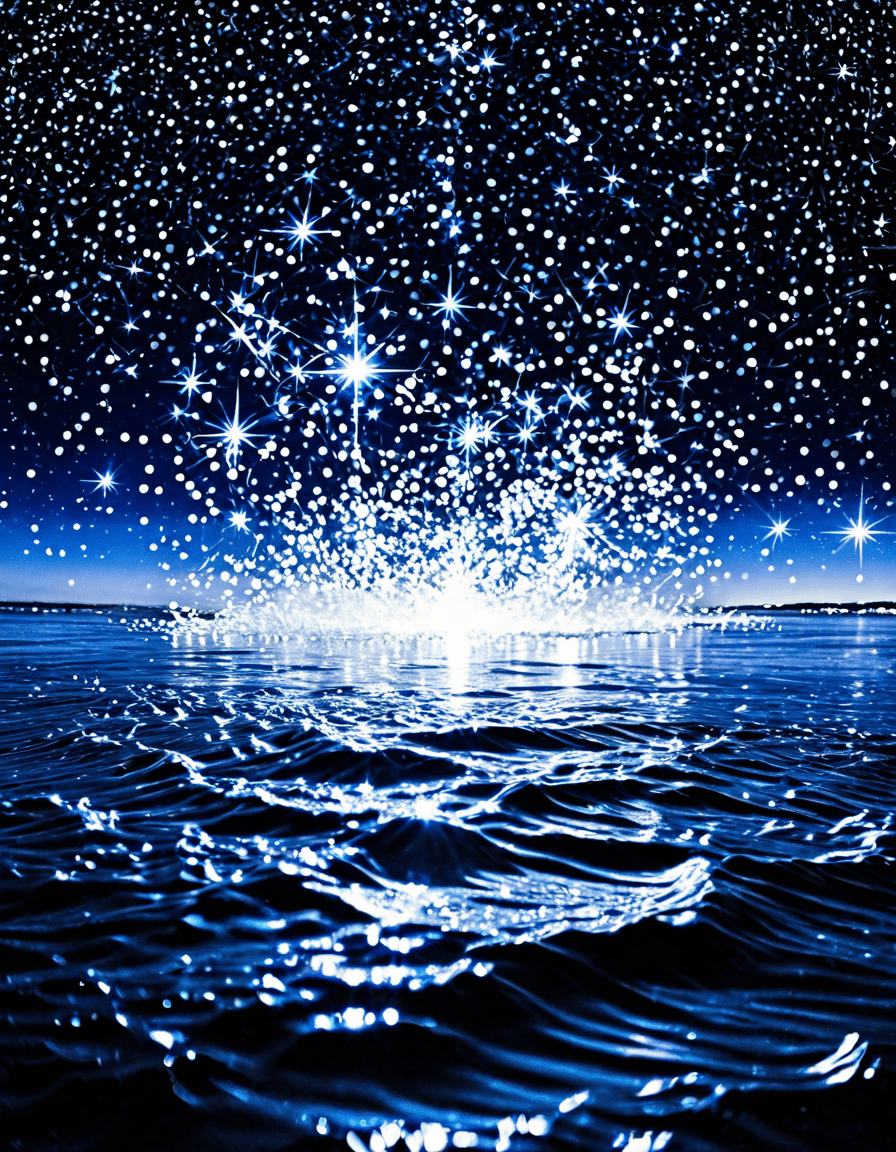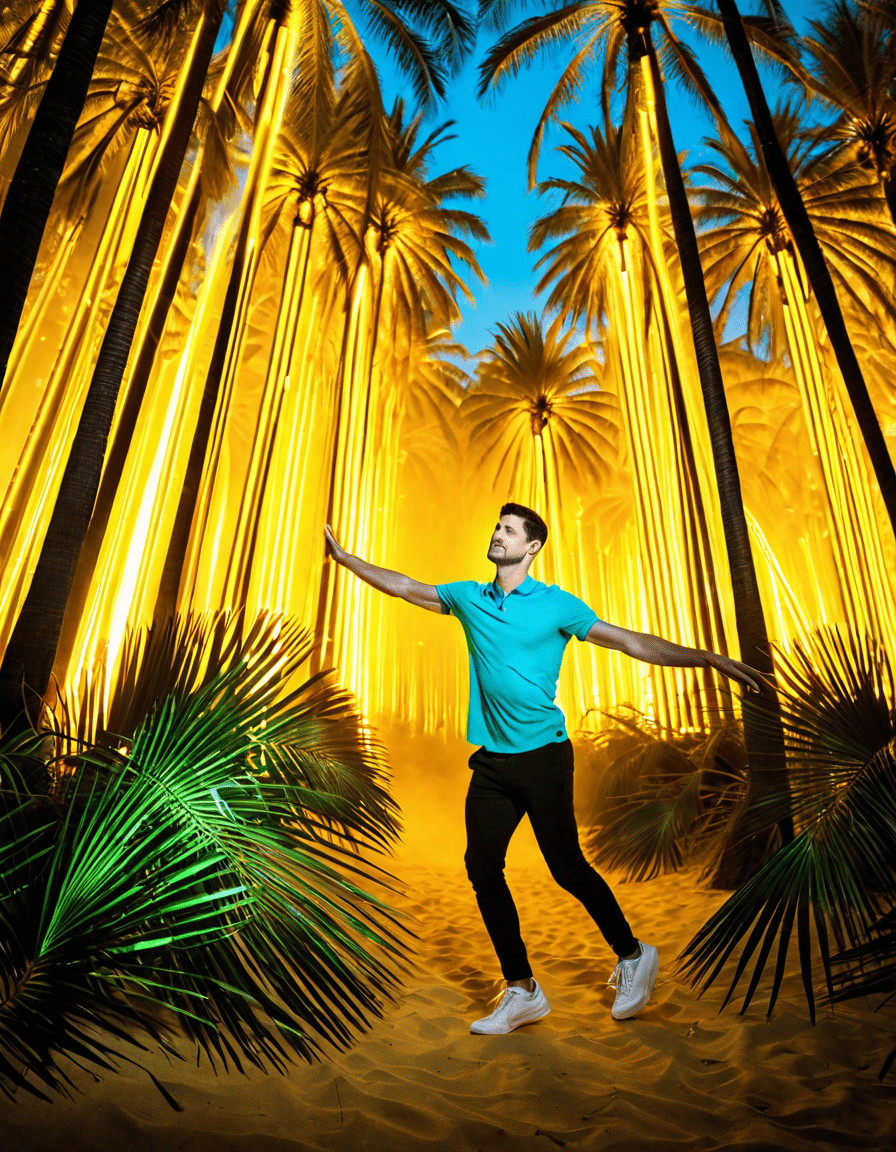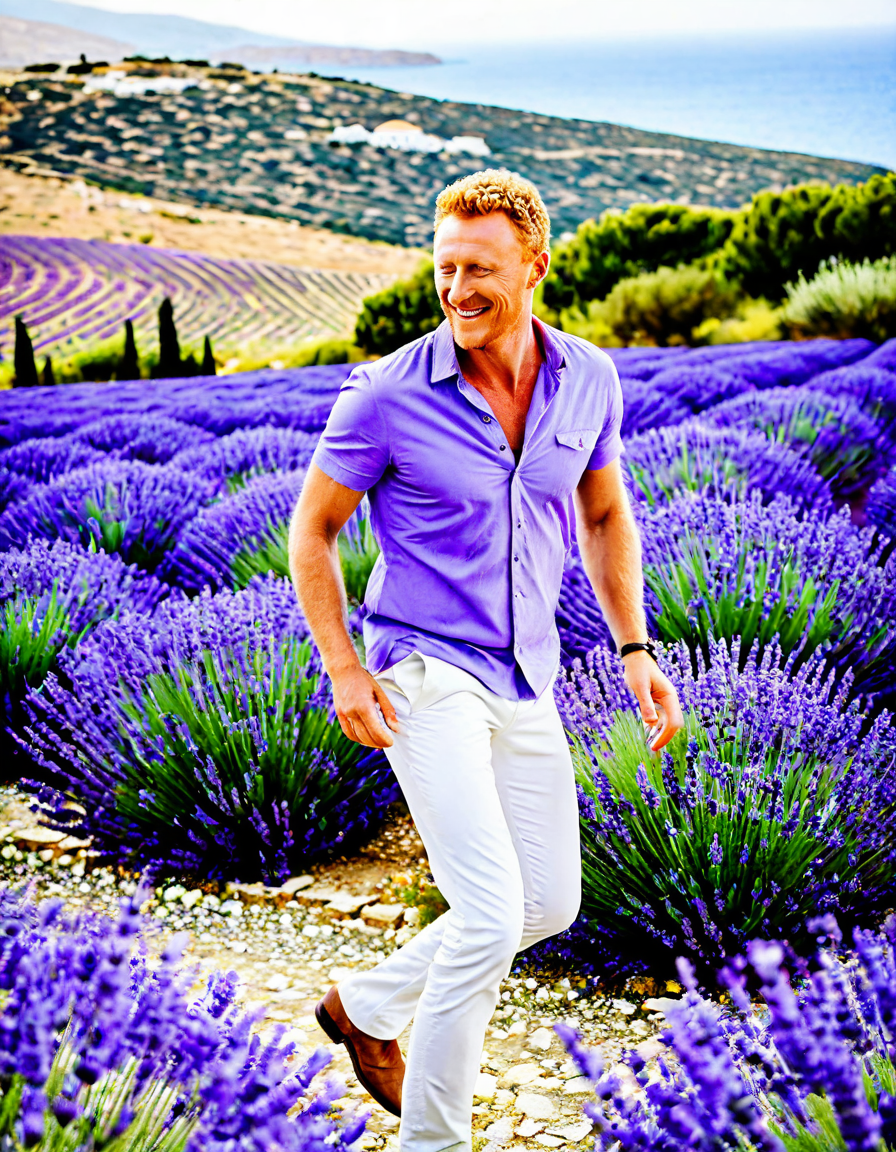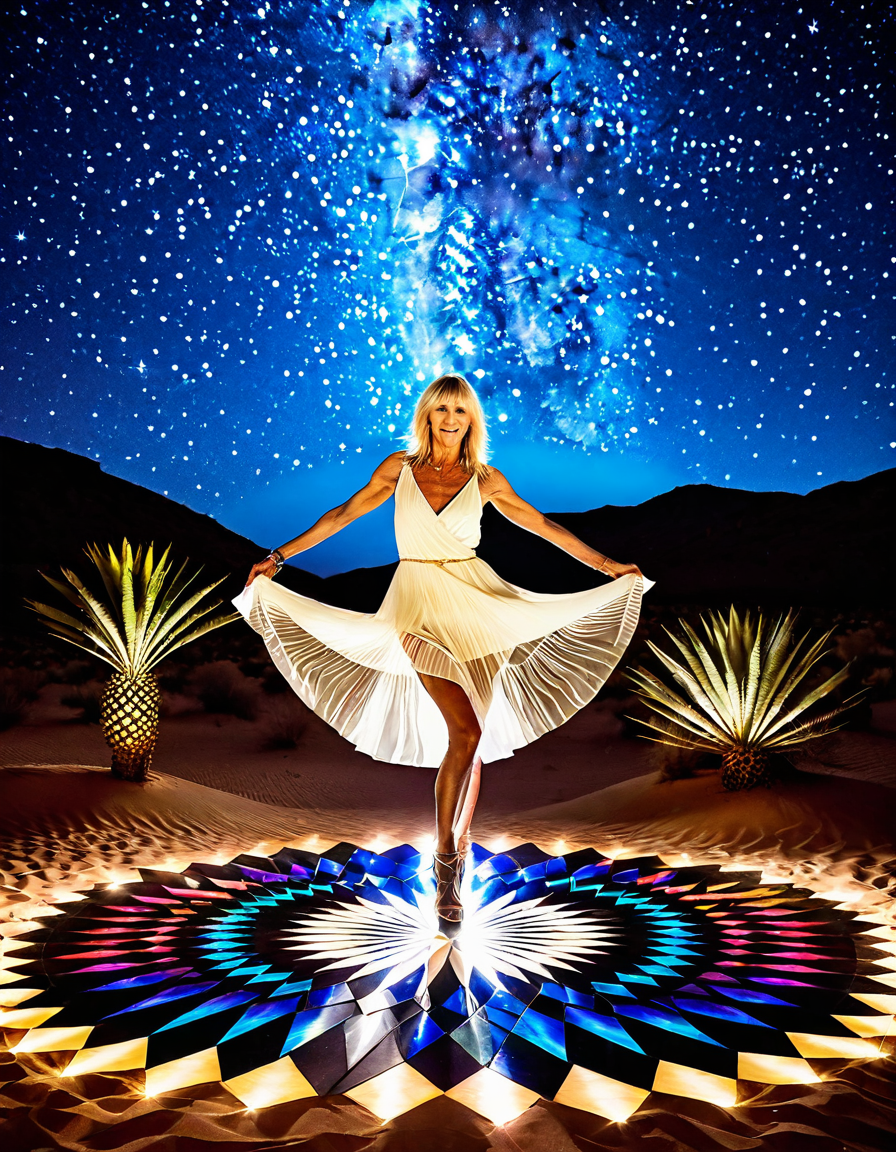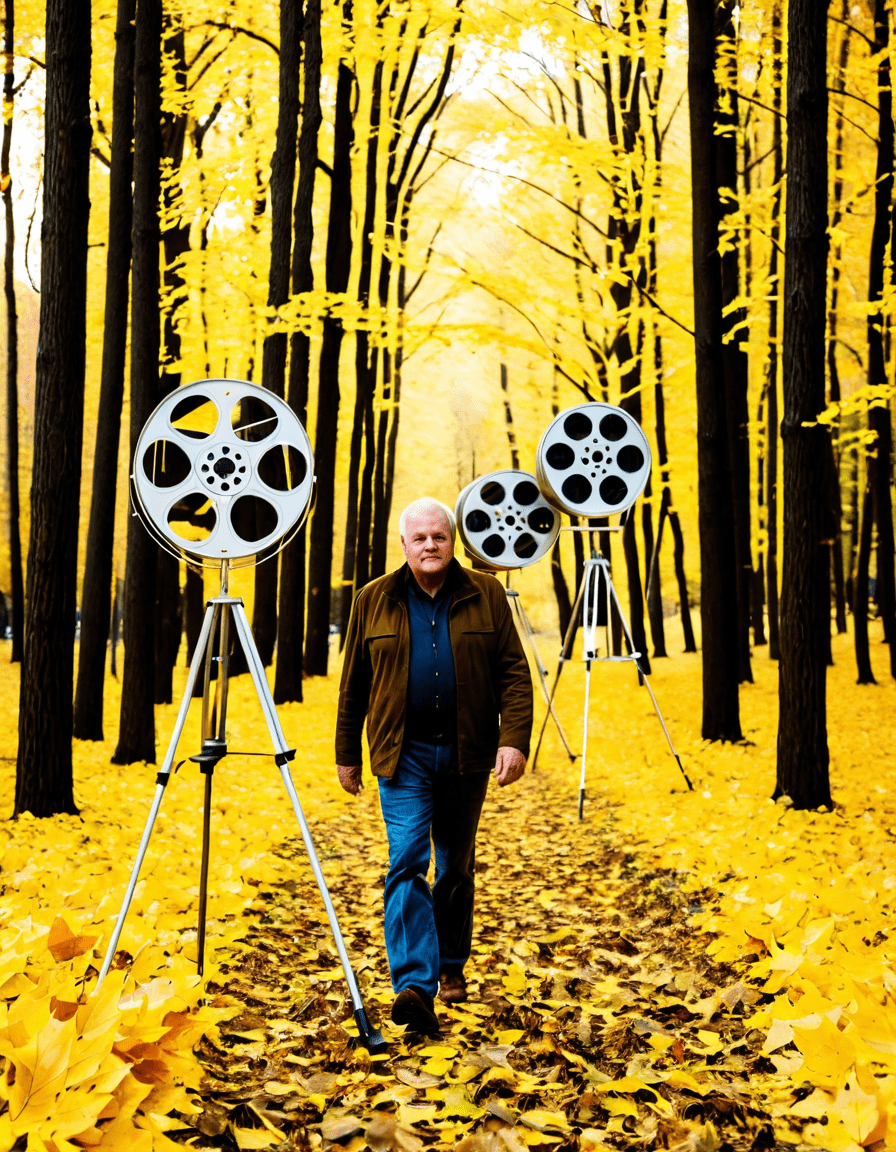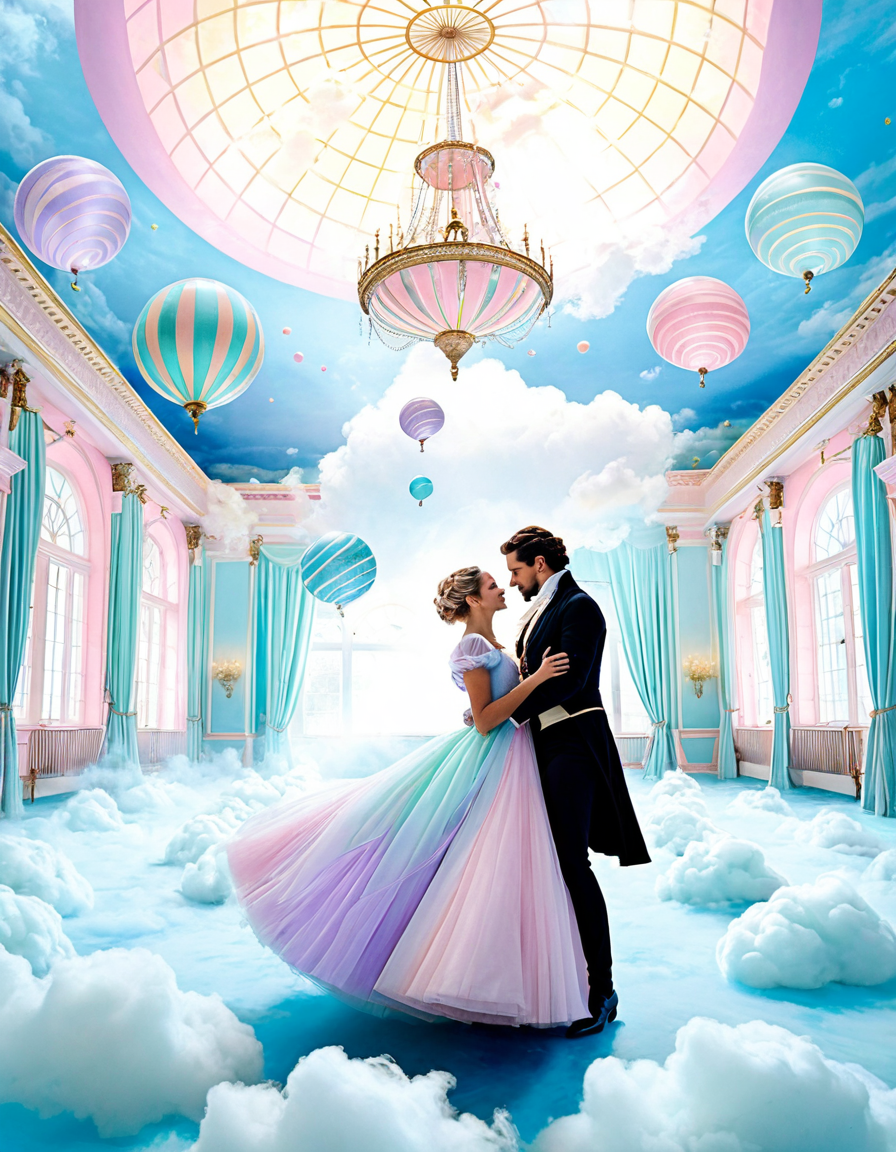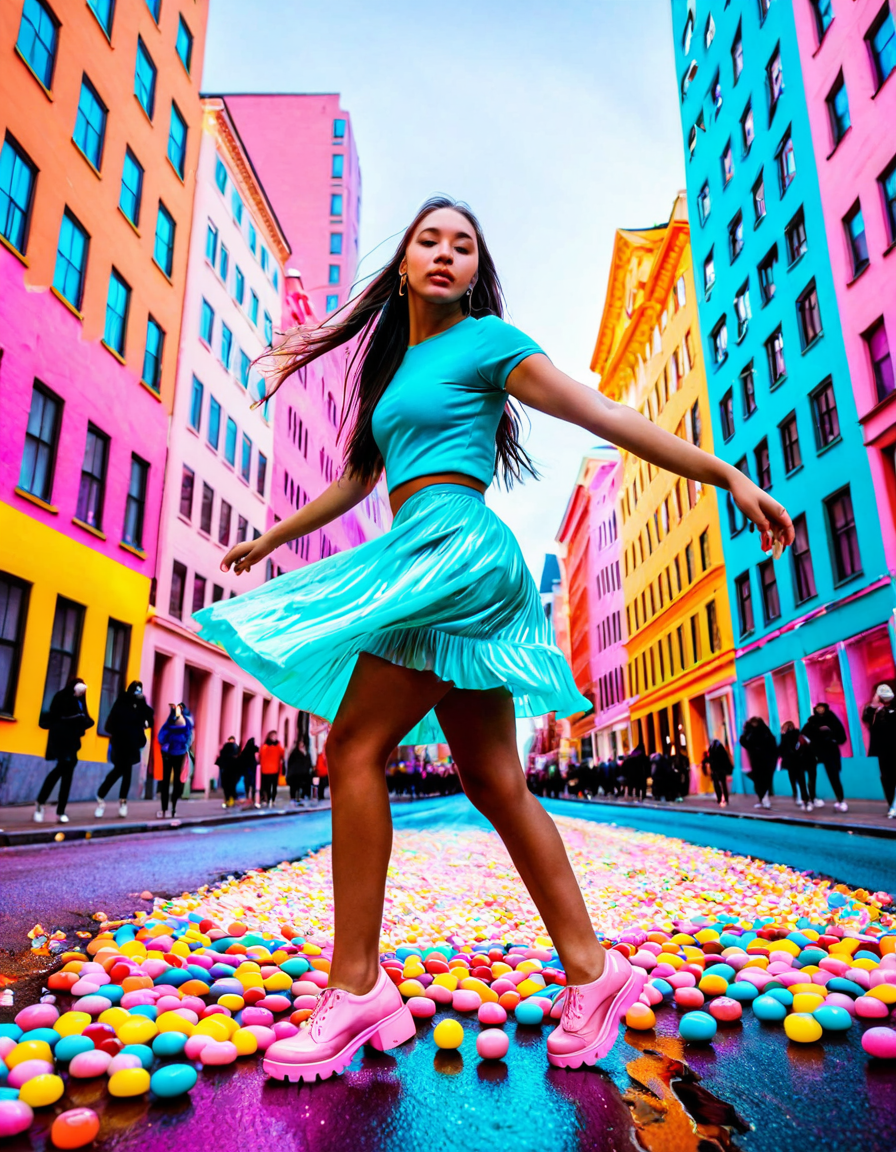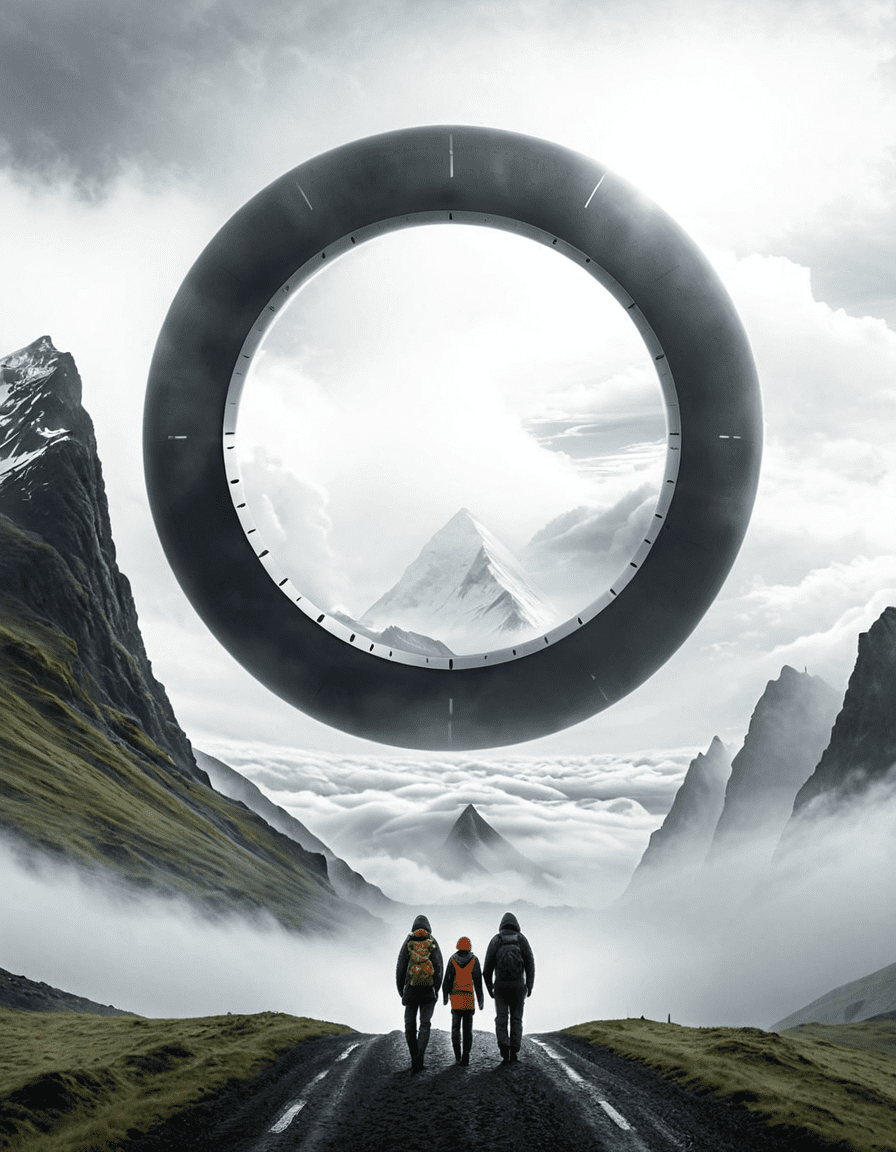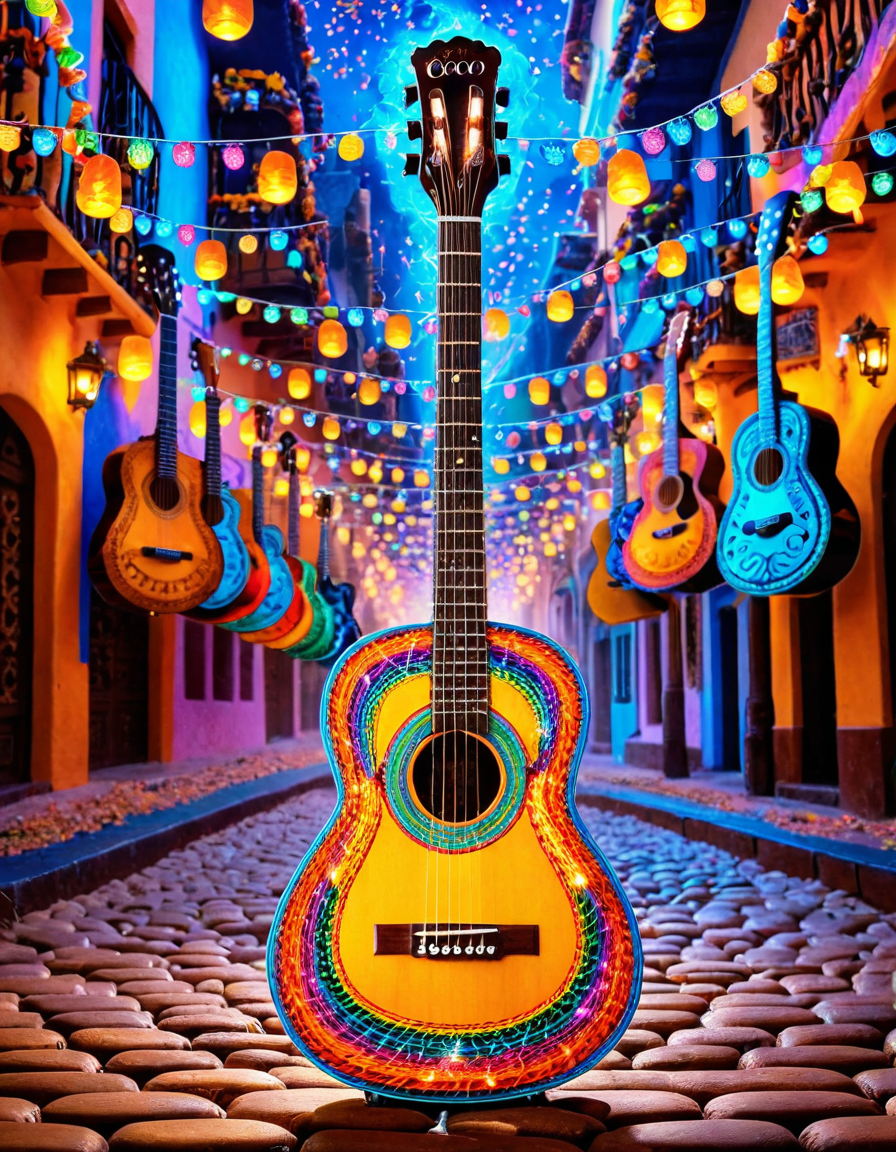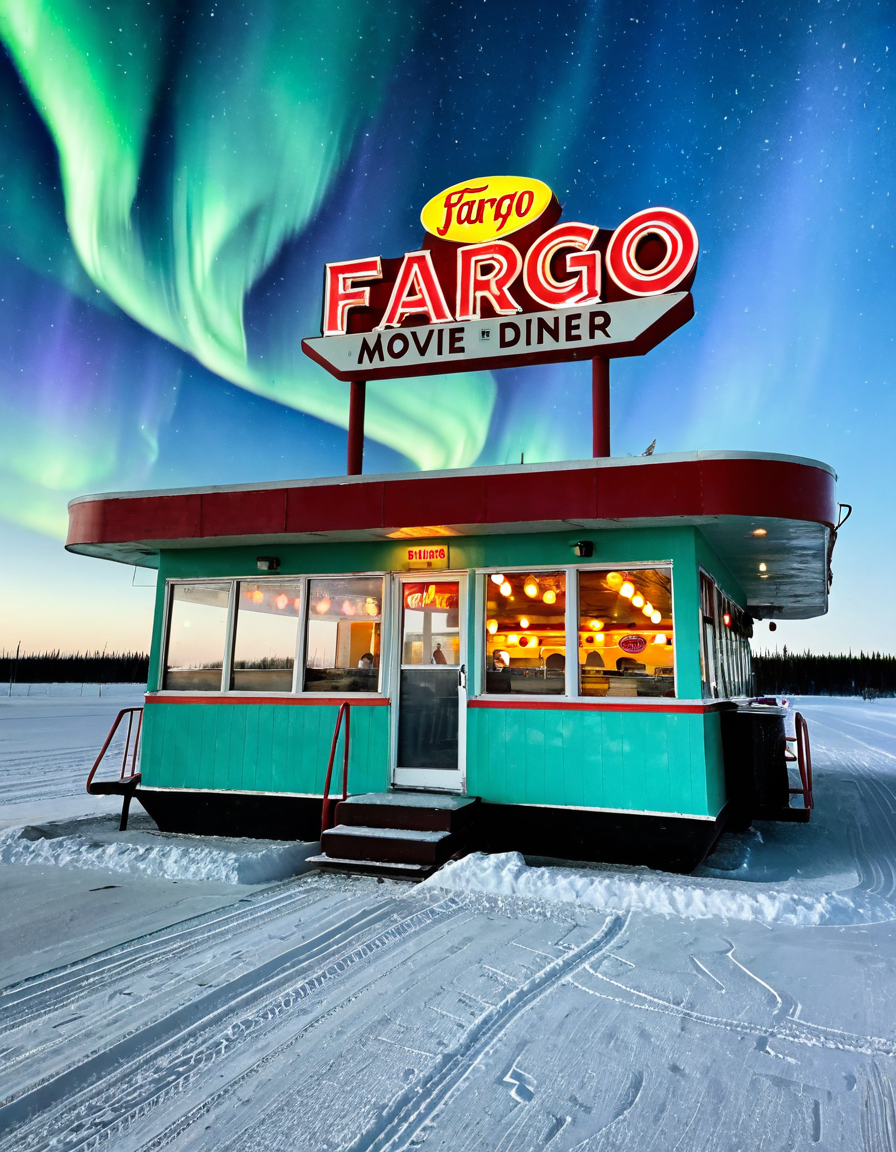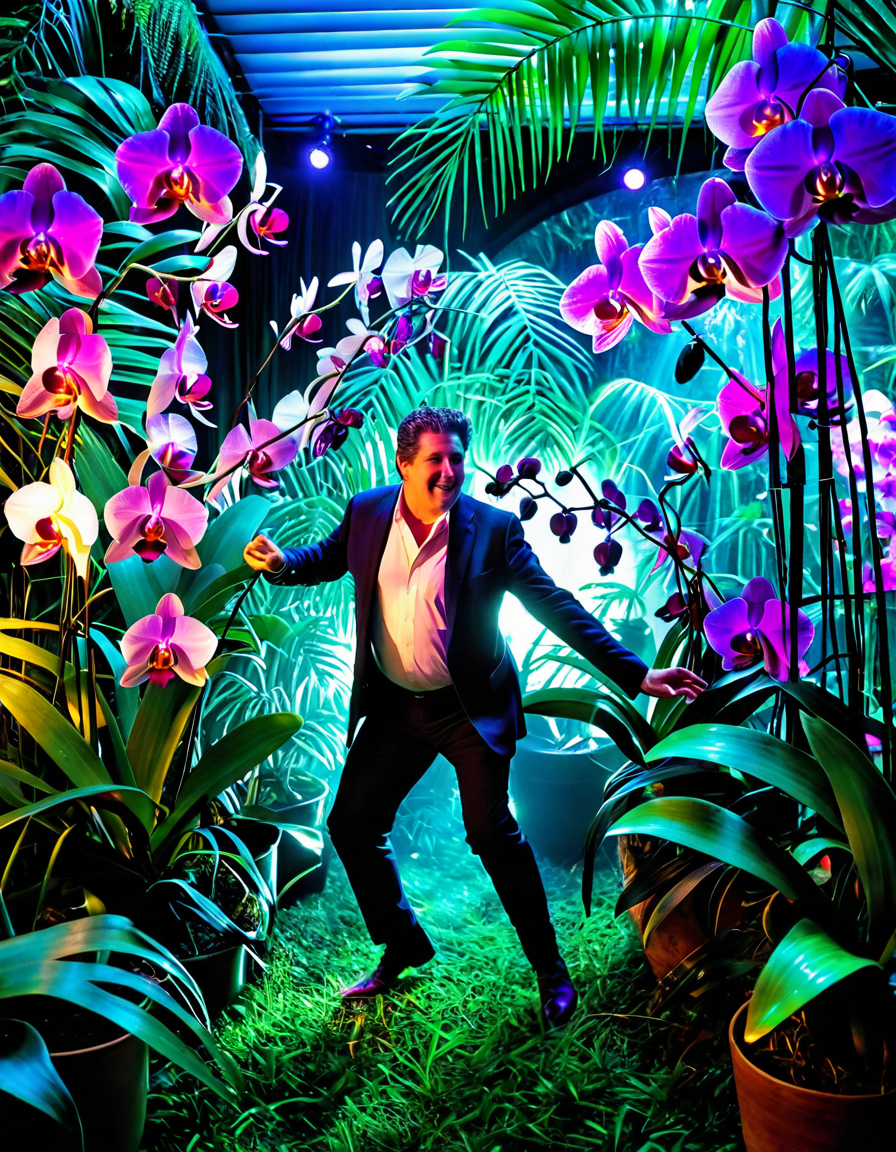Stepping into Lucca, Italy, is like stepping onto a canvas where the past and present blend seamlessly, each brushstroke of history adding depth to its allure. Known as a “Città d’arte” (City of Art), Lucca bewitches with its intact Renaissance-era fortifications and a historic center that whispers stories of antiquity. Here, art isn’t just found in galleries; it dances on cobblestone streets and echoes in the piazzas.
Embracing the Charm of Lucca, Italy: A Portal to the Past
Journey into the heart of Tuscany, where the petite city of Lucca reclines amidst rolling hills and olive groves. A gem often overshadowed by its grandiose neighbors, this city is a treasure trove for art enthusiasts and history buffs. It’s as if time had a change of heart, preserving the very essence of Italian heritage, from the ancient walls down to the minute cobbles underfoot. Without a doubt, Lucca’s Renaissance walls not just encircle the town but encapsulate a world where every stone tells a story.
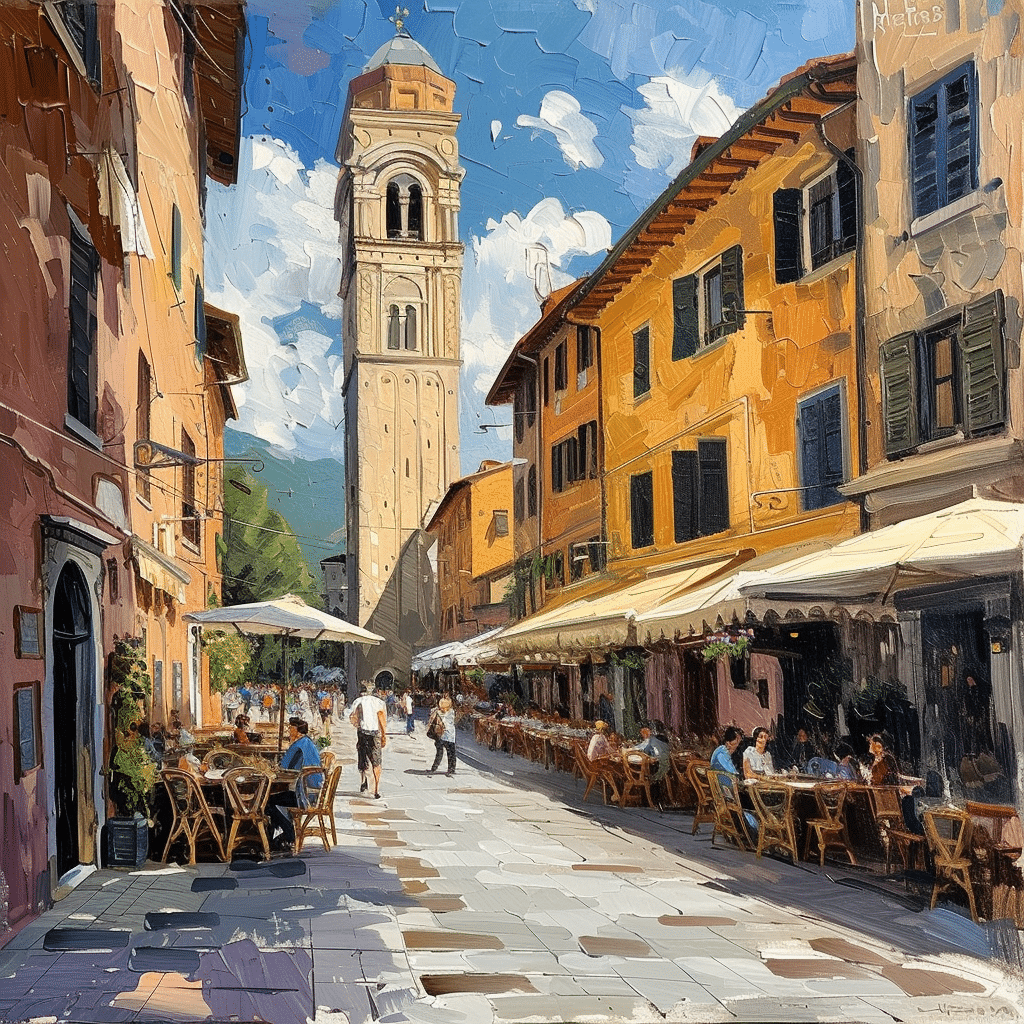
1. The Iconic Walls of Lucca: A Stroll Through Centuries
Begin at the monumental walls of Lucca, where history stretches over four kilometers of solid craftsmanship. These Renaissance fortifications, today a public promenade teeming with life, offer a peaceful retreat from the bustle of modern life. Their sturdy ramparts, which stood the test of time and marauders, now cradle joggers, families, and dreamers alike, serenaded by rustling leaves and the soft chatter of daily life.
The walls’ tale is one of transformation, from military might to a communal haven. Luxuriate in the panoramic vistas of terracotta-topped dwellings and verdant patches that unfold beneath a sky that’s a canvas itself, masterfully painted from dawn until dusk. As an integral part of Lucca’s social fabric, the walls are a promenade for human connections, a verdant necklace adorning the city where history and community coalesce.
| Category | Details |
|---|---|
| Geographic Location | Lucca, Tuscany, Italy |
| Historical Significance | – Renaissance-era city walls intact. |
| – Historic center well-preserved. | |
| – Known as a “Città d’arte” (City of Art). | |
| Major Attractions | – Piazza dell’Anfiteatro (originating from 1st century A.D.) |
| – Guinigi Tower (45 meters tall with rooftop garden) | |
| – Medieval art notable by Ruskin. | |
| Accessibility | – Smaller and easier to get around compared to Siena. |
| – Suitable for a day visit or as a base to explore Tuscany. | |
| Cultural Comparison | – Quieter, more small-town feel than Siena. |
| – Less hilly than Siena, no significant wine tasting venues like Enoteca Nationale in Siena. | |
| Local Cuisine | – Tortelli lucchese (stuffed pasta). |
| – Farro soup with beans. | |
| – Fried local specialties. | |
| – Rabbit prepared in various ways. | |
| – Baccalà (salt cod). | |
| Recommendation for Tourists | – Spend a few days to fully appreciate the city. |
| – Ideal for travelers looking for a less hectic environment compared to bigger Tuscan cities. | |
| – Explore central or northern Tuscany from Lucca as a base. | |
| Unique Selling Points | – Intact Renaissance-era fortifications offering a unique cityscape and opportunity for walks on the walls, which is rare among Italian cities. |
| – Rich in medieval and artistic heritage with a relaxed atmosphere. | |
| Potential Drawbacks | – May lack the extensive wine tasting experience found in vinous regions like Siena. |
| – Might not offer as deep a dive into history as larger cities like Florence or Rome, but it holds its unique charm as a city of art. |
2. Piazza dell’Anfiteatro: Echoes of Roman Grandeur
Our next stop, the Piazza dell’Anfiteatro, is history reimagined. Imagine gladiators clashing within a Roman amphitheater’s imposing walls. Now picture a piazza, buzzing with life, standing in its place. That’s the magic of Lucca. The amphitheater’s original elliptical shape subtly dictates the piazza’s contours, while the medieval structures that have grown within its embrace lend a quaint feel that whispers of bygone times.
It’s a place where past and present engage in a delicate dance—the clang of swords replaced by the clink of espresso cups, the roar of the crowd by the genial laughter of friends. Boutique shops and cozy eateries invite a stroll around this architectural marvel, while the sunlight bounces off warm-hued walls, each window and door a testament to Lucca’s enduring spirit.
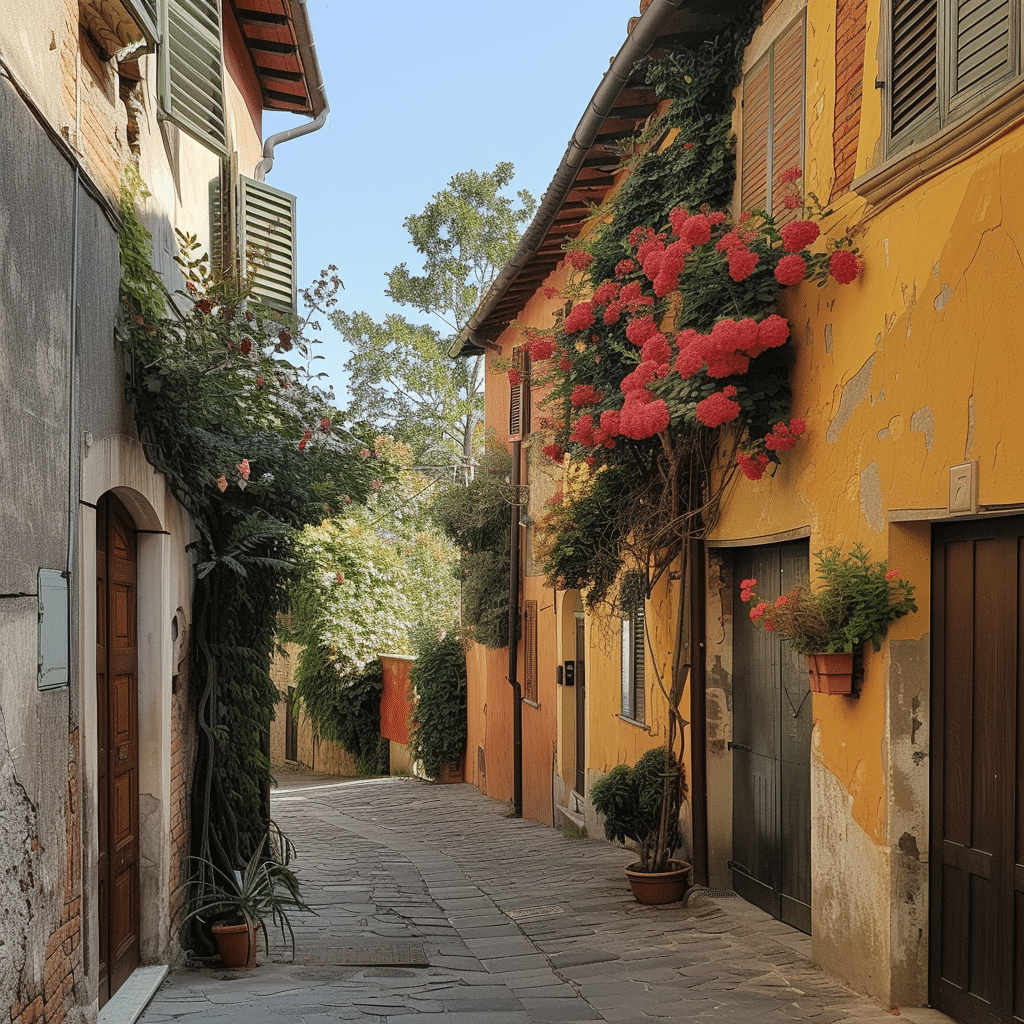
3. Lucca’s Cathedral of San Martino: A Treasury of Artistic Wonders
An absolute must-see is the Cathedral of San Martino, Lucca’s spiritual heart. This ecclesiastical monument houses treasures like the Volto Santo di Lucca, a revered wooden crucifix, and the exquisite Tomb of Ilaria del Carretto, a sculptural masterpiece that continues to evoke awe. Carved from the very bedrock of faith and ingenuity, the cathedral is an anthology of styles, from Romanesque façades to Gothic interiors, each chapter of its architecture narrating a different epoch.
Here, awe replaces air as you pace the hallowed halls, surrounded by a legacy of art and devotion. Witness how varied influences merge to form a seamless ode to beauty and belief. Lucca’s Cathedral of San Martino isn’t merely a destination; it’s a pilgrimage for the soul, soothing and stirring in equal measure.
4. Torre Guinigi: A Towering Testament to Lucca’s Aristocratic Legacy
Ascend the Torre Guinigi, where history soars to new heights. It’s not every day you see a tower crowned with oak trees—Lucca’s nod to its green-thumbed nobility. The Guinigi family, once rulers of this roost, showcased their status with this stately edifice. Today, it offers sweeping views, a plunge into bygone prosperity, and a unique vantage point from which to contemplate.
The journey upwards is a spiral through centuries, narrow stairways leading to the sky-high garden that defies expectations. Stand there, among ancient trees, and gaze out over a cityscape that narrates tales of power, prestige, and now, peace. Breath-taking, literally and metaphorically, the climb up the Guinigi Tower is an ascent into Lucca’s noble air.
5. The Birthplace of Giacomo Puccini: A Pilgrimage for Opera Lovers
For those tuned to the melodies of history, Giacomo Puccini’s birthplace is akin to a cathedral of music. The maestro of opera was cradled in these very rooms, which now resonate with the strains of his life’s work. His accomplishments lace the city, from the annual Puccini Festival—which bathes Lucca in lyrical beauty—to the very fabric of the town’s pride.
Walking through his home, among his possessions and memorabilia, one can’t help but feel the presence of genius lingering in the air like the fading note of a soprano. His legacy, embedded in Lucca’s culture, strikes a chord with locals and visitors alike, making his birthplace a sanctuary for the music-minded traveler.
6. Palazzo Pfanner’s Gardens: A Baroque Haven in the Heart of Lucca
Escape the throes of the ordinary and step into the botanical embrace of Palazzo Pfanner’s gardens, a Baroque pearl nestled in the city’s center. These manicured grounds, laced with statues and fountains, whisper of lavish gatherings and genteel strolls taken by counts and countesses. Let your imagination waltz through the verdant lawns, amidst citrus scents and the gentle splash of water features.
Palazzo Pfanner itself, with its grand façade and luxurious interior, captures the essence of Lucca’s high society. A walk through these gardens is a peek into the opulence of a bygone age, a blend of nature’s whimsy and human grandeur, flourishing side by side.
7. Basilica of San Frediano: A Mosaic of Lucca’s Spiritual Essence
The journey culminates at the Basilica of San Frediano, holding dominion with its Byzantine-style mosaic shimmering under the Tuscan sun. From the moment you set eyes on its façade, the basilica beckons you into an embrace that spans from the depths of history to the pinnacle of divine artistry. Inside, Romanesque and Gothic elements are woven together in a seamless tapestry of spirituality.
It’s a sanctuary where the sacred and the stone converge, where every column and corner echoes with prayer and artistic dedication. The Basilica of San Frediano stands not only as a monument but as a living narrative, a testament to the enduring belief and beauty that hallmark Lucca’s ethos.
Beyond Beauty: Lucca, Italy’s Intangible Allure
But oh, the beauty of Lucca, Italy, lies not solely in its tangible wonders. The city, in its serene confidence, reminds us that art is not always seen—it is an essence to be felt. It’s in the unhurried tempo of the streets, the fragrant whispers of trattorias, and the charm of local narrators like Angela Miller who share their passions and stories.
Pause to savor the tortelli lucchese at a quaint café or mingle amongst the locals celebrating age-old traditions. Relish how events unfold gracefully, unspoiled by the harried hands of time. It is in these moments, between the must-see sights, that Lucca reveals its soul, inviting you to drink deeply from its well of culture.
Conclusion: Preserving the Masterpiece of Lucca, Italy
In this captivating promenade through Lucca, we’ve grazed the surface yet dived deep, discovering the city is not merely a destination—it’s a living artwork, an orchestration of the past’s echoes and today’s whispers. It remains an undeniable source of inspiration, its charm etched into the memories of those it graces.
We, as awestruck spectators and willing participants, hold a duty to nurture and honor this heritage. In safeguarding Lucca’s splendors—from the quiet dignity of the Guinigi Tower to the reverent halls of San Frediano—we ensure the city’s lyrical legacy thrives. Future generations will witness the artful majesty that is Lucca, Italy, a masterpiece sculpted by time, and lovingly preserved by us all.
Lucca Italy: A Tapestry of Historical Splendor
Lucca, Italy, ain’t just your run-of-the-mill Italian city; it’s a treasure chest brimming with culture, history, and an artful charm that’ll knock your socks off – and I don’t mean just any socks, I’m talking about the kind of dress Socks that scream pizzazz. Let me take you on a trivia-filled stroll down the cobblestone lanes of Lucca, where every corner tells a story, and every building is a page from history.
The Tall Tales of Lucca’s Walls
First up, did you know Lucca’s walls are stellar examples of Renaissance engineering? That’s right! These robust beauties have stood the test of time, wrapped around the city like a big ol’ hug from history. In fact, their stellar condition could give the fate Of The furious cast a run for their money in an endurance race. Today, they’re a leafy promenade that locals and travelers love to bits – perfect for a leisurely bike ride or a sunset stroll.
Guinigi Tower’s Rooftop Garden: Nature’s Cap
Can we just talk about the Guinigi Tower? Sure, it’s standing tall since the 1300s, but the real kicker is the rooftop oak garden. It’s like someone said “Hey, let’s pop a hat on this tower,” and voila – a fabulous foliage fedora was born. This quirky touch is surely as memorable as the Hocus Pocus house, minus the witchcraft shenanigans, of course.
Lucca’s Amphitheater Square: The Circle of Life
Who needs a time machine when you’ve got Lucca’s Amphitheater Square? It’s been playing ring-a-ring o’ roses since the Roman Empire. Though gladiators once battled here, now it’s lined with charming cafes and shops. Talk about a glow-up – it’s like the town’s version of Chrissy Metz ‘s weight loss journey, turning its past into a beautiful present.
The Sound of Music: Lucca’s Classical Beats
Alright, fun fact time: Did you know Lucca is the birthplace of the famed opera composer Giacomo Puccini? That’s like finding out your charming neighbor is actually a musical genius. Strolling through the city, you might catch an aria or two floating through the air, lifting your spirits like a day exploring Hawaii national parks.
A Vibrant Culinary Scene
Here’s a tidbit for the foodies: Lucca’s culinary scene is as tight-knit as a ball of mozzarella. The city’s historic bakeries, tucked within the folds of its medieval streets, churn out treats that’ll make you forget about your jar of Bengay back home – because who needs pain relief when you have pastries, right?
Lucca’s Festive Flip Side
Fancy a festa? Lucca doesn’t just sit pretty; it throws a party fit for a king. From comic book conventions to opera festivals, the locals are seasoned pros at flipping the festive switch. It’s more fun than finding cheap Flights To Antigua during peak vacation season!
Wrap this blast from the past in Lucca’s irresistibly quaint shops, sprinkle some Tuscan sunshine on it, and you’ve got yourself a city that’s as enchanting as a fairy tale, and as real as the cobblestones under your feet. Trust me, Lucca Italy is the slice of Italian charm that will steal a pizza your heart and the perfect spot for your next getaway.
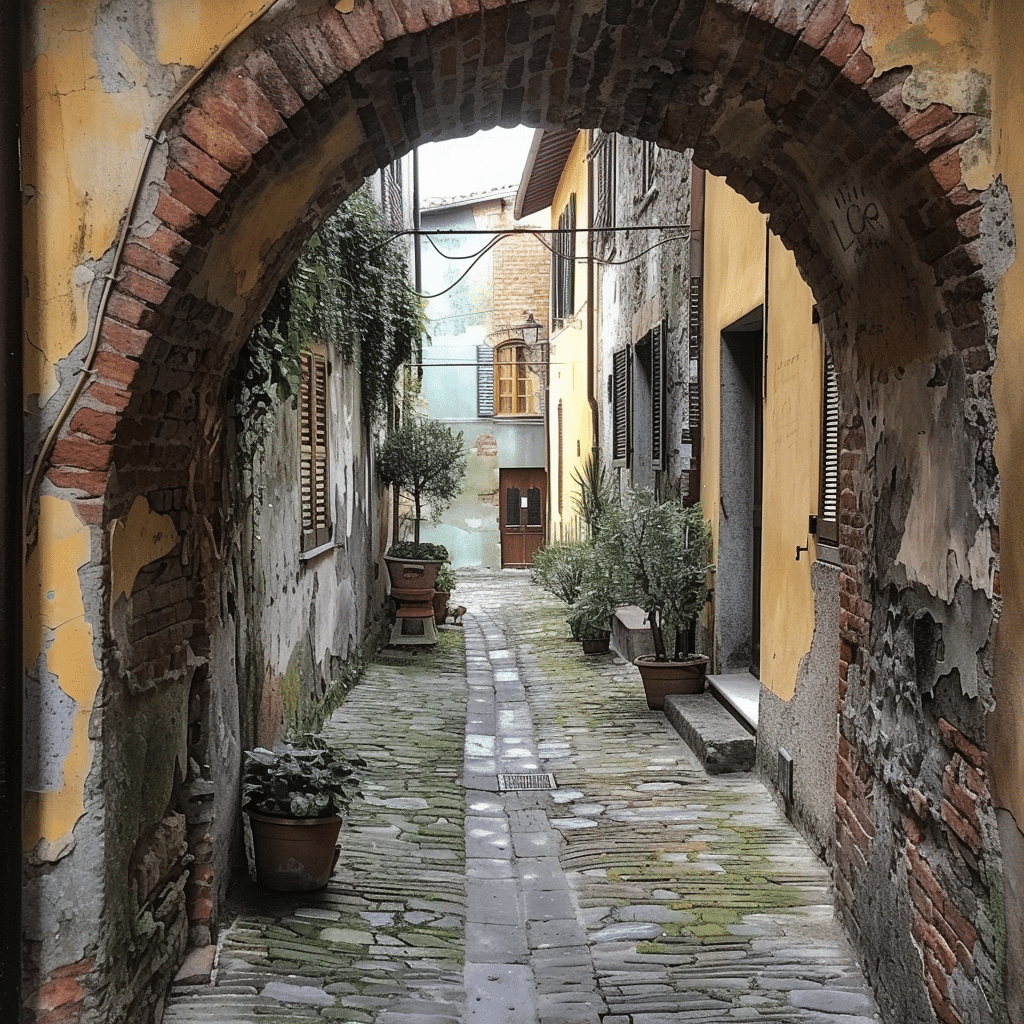
What is special about Lucca Italy?
What is special about Lucca Italy?
Ah, Lucca! Nestled in Tuscany, this Italian gem, colloquially known as a “Città d’arte,” is a cultural feast with her Renaissance-era city walls still standing tall. You’ll get lost in time admiring the Piazza dell’Anfiteatro’s ancient roots and Guinigi Tower’s lofty heights. The historic center, brimming with art and architecture, truly is the cherry on top—talk about a bona fide blast from the past!
Is Lucca worth going to?
Is Lucca worth going to?
I’ll say this straight—absolutely! Lucca’s a Tuscan sweetheart, adored for its art, history, and oh-so-cozy vibe. You can speed through in a day, but slow down, why don’t ya? Stay for a spell, explore at leisure, and you’ll soon be singing Lucca’s praises!
Which is better Lucca or Siena?
Which is better Lucca or Siena?
Tough call! If you’re after a quieter spot with a small-town heart, Lucca’s your go-to. It’s easy to navigate, less hilly, and John Ruskin would nod in agreement over its top-notch medieval art. But if history and wine-tasting till the cows come home sound tempting, Siena’s steep streets and the famed Enoteca Nationale might just tip the scales.
What food is Lucca known for?
What food is Lucca known for?
Prepare those taste buds for a feast! Lucca’s cuisine is a culinary hat-trick, starring the likes of tortelli lucchese. But hold onto your forks—there’s more! You’ve gotta try the traditional farro soup, and the fried treats, rabbit dishes, and baccalà will leave you beggin’ for seconds.
Is it better to stay in Lucca or Pisa?
Is it better to stay in Lucca or Pisa?
If you’re gunning for quiet charm and the chance to wander without tripping over hordes of tourists, set your sights on Lucca. Sure, Pisa’s got the lean (you know the one), but Lucca’s laid-back and walkable streets might just sway you for a more relaxed stay.
How long should I spend in Lucca?
How long should I spend in Lucca?
Got a spare day? Perfect for a whirlwind romance with Lucca’s historic sights. But hey, if you fancy delving deeper into this Tuscan love affair, carve out a few extra days. Take it slow, explore the nooks and crannies, and let Lucca work its magic on you.
Is Lucca safe at night?
Is Lucca safe at night?
Walk around without a worry—Lucca at night is safe as houses! Now, I’m not saying to throw caution to the wind, but with a little common sense, you’ll find Lucca’s evenings as cozy and inviting as a well-worn pair of slippers.
Is Lucca near Cinque Terre?
Is Lucca near Cinque Terre?
Well, it’s not just a hop, skip, and a jump away, but Lucca and Cinque Terre are close enough to make a day trip doable. With a couple of hours drive or a scenic train ride, you’ll swap city walls for cliffside villages. Worth the jaunt? You bet!
How do you pronounce the name Lucca?
How do you pronounce the name Lucca?
It’s a piece of cake, honestly! Just say “Luke-ah,” and you’ll sound like a local in no time. Roll that ‘L’ off your tongue, combine it with a quick ‘uh,’ and you’re all set—easy peasy, lemon squeezy!
Is Lucca walkable?
Is Lucca walkable?
If cities had legs, Lucca would be a marathon runner! It’s so walkable, you’ll want to ditch the map and let your feet do the talking. Meander along the well-preserved walls, zigzag through the vibrant streets—exploring on foot is the way to go!
Why go to Lucca Italy?
Why go to Lucca Italy?
Simply put, Lucca’s a Tuscan treasure box, just waiting to pop open and shower you with historical jewels. Between its Renaissance walls and quaint streets, it’s the perfect slice of Italy for art aficionados, history buffs, or anyone in need of a little old-world charm.
Is Lucca a good base for Tuscany?
Is Lucca a good base for Tuscany?
Spot on! Lucca’s a peach of a choice for setting up camp when tackling the wonders of Tuscany. Central to many must-see spots, yet peaceful enough to be a retreat from day-tripping shenanigans—it’s the ideal launchpad for your Tuscan adventures.
What is the famous soup in Lucca Italy?
What is the famous soup in Lucca Italy?
Get ready to slurp up Lucca’s famous soup—a hearty concoction of farro and beans that’ll warm your soul and tickle those taste buds. It’s rustic, it’s delicious, and it captures the essence of local Tuscan cuisine on a spoon!
How do you get around Lucca?
How do you get around Lucca?
With its compact size, getting around Lucca is a walk in the park—literally. But, if your feet need a break, hop on a bike or grab a bus ticket. Whatever your pick, you’ll be zipping from A to B in no time, free to soak up all the city charms.
What is the typical pasta of Lucca?
What is the typical pasta of Lucca?
Feast your eyes (and stomach) on tortelli lucchese—Lucca’s claim to pasta fame! These plump, enticing parcels are filled with meat or ricotta and chard, often draped in a luxuriant ragù that’ll have you shouting “Buon appetito!” from the rooftops.



